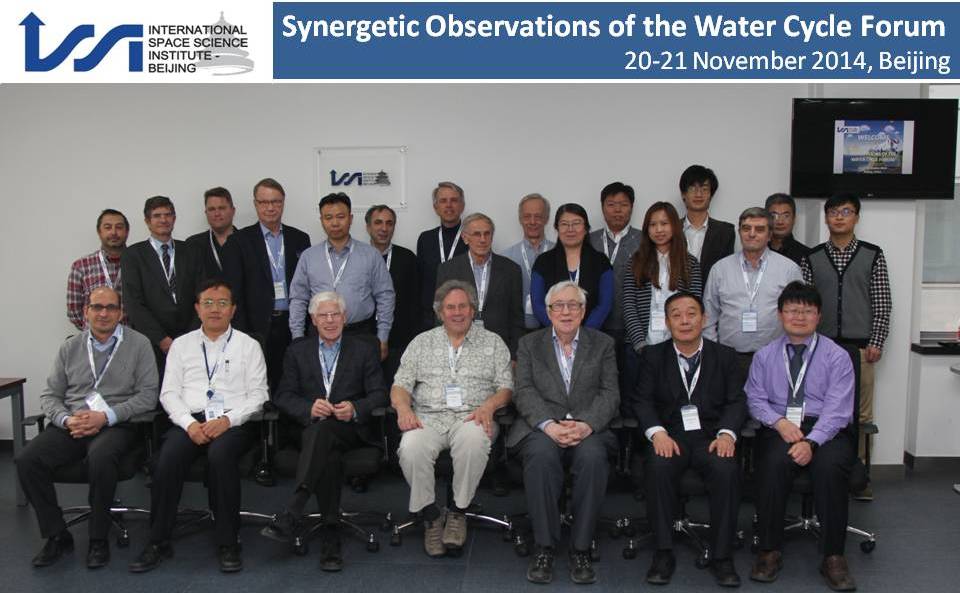Synergetic Observations of the Water Cycle

OVERVIEW
Context
Water (hydrological) cycle is the most active and important component in global mass and energy circulation of the earth system. The existence, transport, and change of water in the atmosphere, land (surface and underground) and oceans play very important roles in the earth system, ecosystem and human society. The responses and feedback (causes and consequences) of water cycle to global change are one of the key questions in the earth science. Observations and modeling are the essentials of water cycle and global change research, especially the retrieval of parameters based on satellites with fine spatial, temporal resolutions and accuracies. The existing satellite observations are still far from enough to function properly in global water cycle research that requires appropriate spatial scale (for data assimilation in modeling),high spatial resolution (for retrieval of in homogeneous parameters), and simultaneous measurement of parameters (the sensitive and affective environmental parameters for retrieval). In this context, a global water observation mission (WCOM) has been proposed and selected as one of the candidate missions for advanced studies in the space science program of the Chinese Academy of Sciences. The implementation of WCOM expects significant improvement in the observation capabilities and understanding of the responses and feedbacks of water cycle to global change.
This forum is designed to provide a brainstorming opportunity to discuss the most important science developments in this field towards 2020 and beyond and how to achieve them technologically, by bringing together experts of both earth science community and satellite payload developer (physicists and engineers). Special attention will be given to the global water cycle observation mission (WCOM), its science scenarios and mission definition, as well as some of the technical and information retrieval issues.
Objectives
Date: 20-21 November 2014
CONVENERS
| Shi Jiancheng | RADI, CAS, China |
| Dong Xiaolong | NSSC, CAS, China |
| Wu Ji | NSSC, CAS, China |
| Lennart Bengtsson | University of Reading, UK |
| Maurizio Falanga | ISSI-BJ, China |
